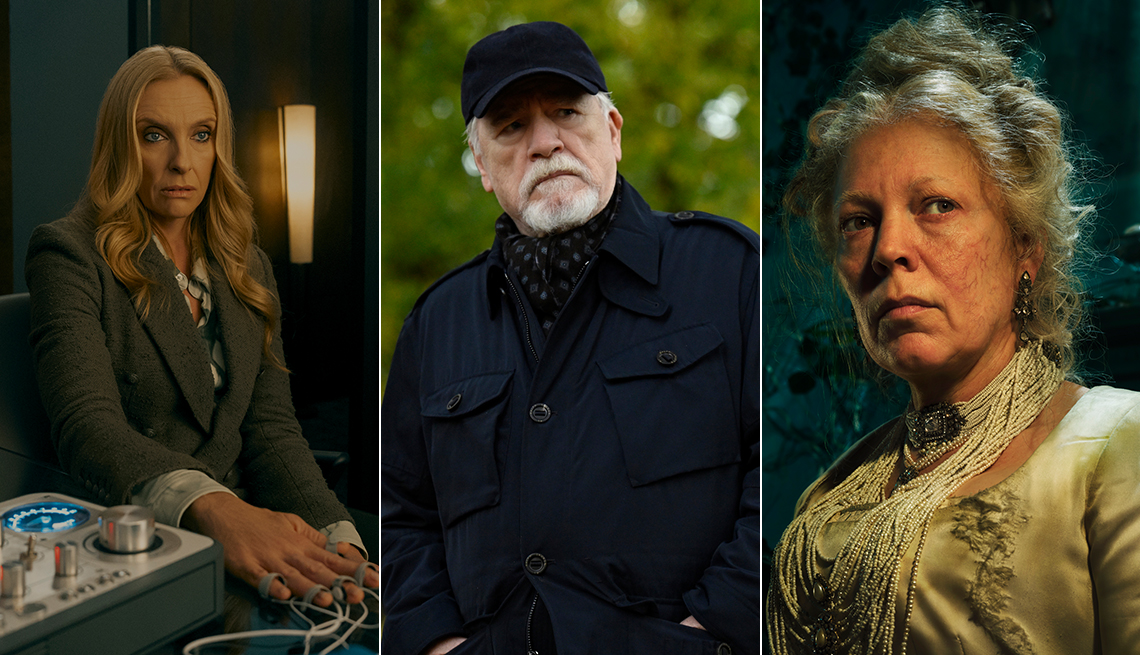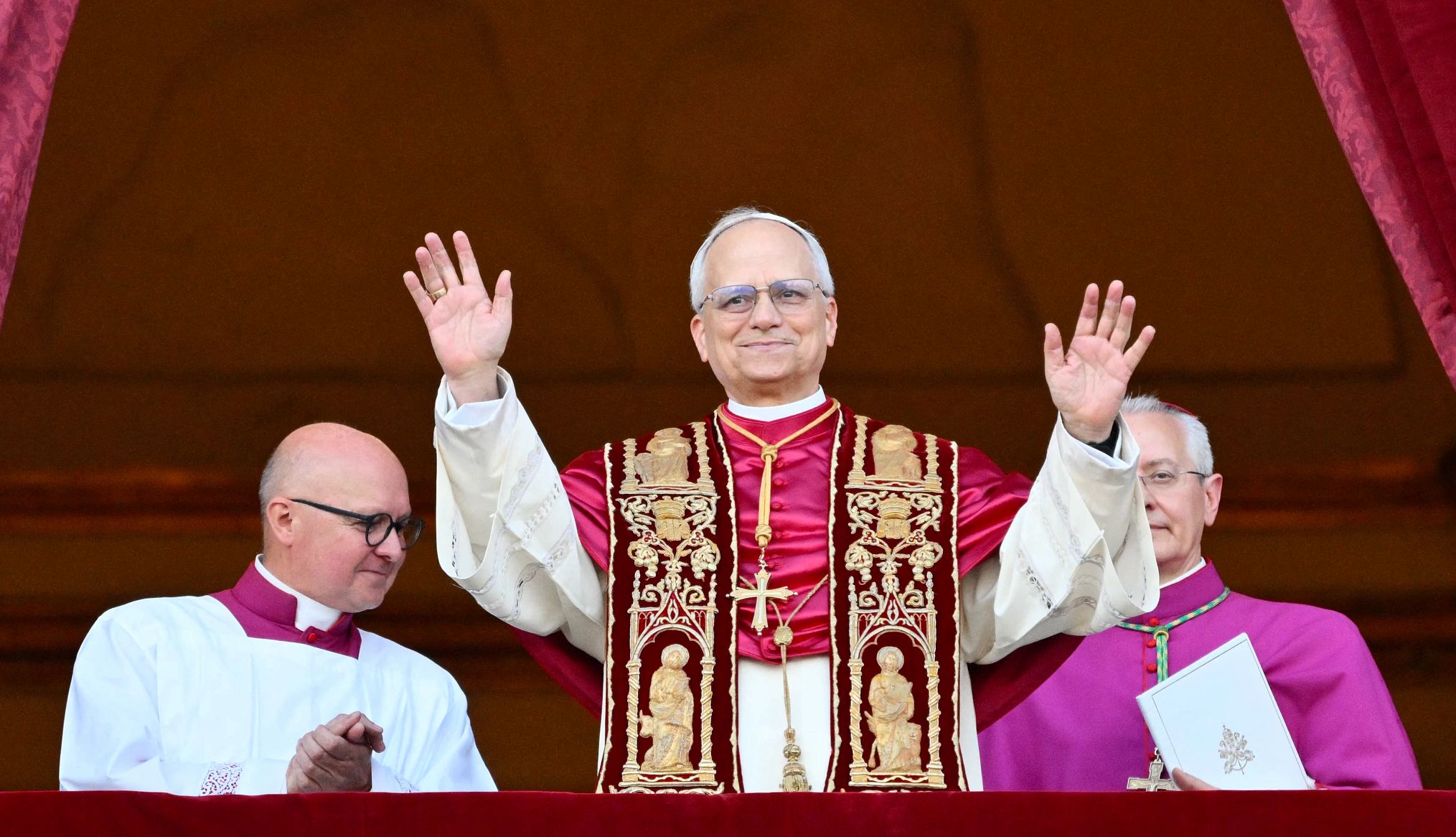
- Select a language for the TTS:
- UK English Female
- UK English Male
- US English Female
- US English Male
- Australian Female
- Australian Male
- Language selected: (auto detect) - EN
Play all audios:
Chris Rock was supposed to deliver the big laugh, not the big slap, but to comedy practitioners the Oscars debacle seemed an appropriate metaphor for the state of their craft.
“The 1960s would have been easier to survive with a laugh track,” Lenny Bruce once explained, and his sardonic observation would apply today.
Two shows this week from prolific producers Paul Feig and Judd Apatow underscore the problems of the moment. The Minx from Feig is about a feminist trying to rationalize the start of a new
sex magazine; In The Bubble, Apatow’s focus, centers on a band of stranded actors attempting to exploit their quarantine into a hit movie.
Feig and Apatow, while productive as manufacturers, concede their craft is at “an odd place,” in Feig’s words. Their styles are a study in contrast: In personal conversation Apatow wears the
wary look of the veteran standup who’s always wondering, “Why am I wasting this good material on you?”
By contrast, Feig dispenses geniality, and bravely delivers interviews to journalists that analyze the strategy of eliciting laughs. His credentials are indisputable, having been responsible
for Bridesmaids, Spy, the 2016 version of Ghostbusters and Freaks and Geeks, the legendary show that created careers but not ratings.
The opening scenes of his new HBO Max show are dense with pitches and arguments about magazine content, but skeptical viewers will be quickly distracted by the cameos of twenty penises
displayed by young models who look alternately prideful and weirded out.
Feig had been skeptical about finding a buyer for the show until, he says, “a surprising ‘yes’ suddenly emerged from the phallic ashes.” While studios usually favor shows based on
established IP, not original ideas, his stunt apparently helped overcome these hesitations.
Always prepared with a varied inventory, Feig has at Fox the Jenny Bicks-created Welcome to Flatch, which he describes as a mockumentary about a small town. At Netflix he will unveil The
School for Good and Evil, revealing how young heroes and villains navigate “an enchanted landscape.”
Apatow’s formidable credits reflect a more predictable focus, from The 40 Year-Old Virgin to Knocked Up, to the quieter King of Staten Island starring Pete Davidson.
Bubble represents an Apatow voyage into a different sort of enchanted landscape – it’s a satire about the virus. The critical response to Bubble reflects confusion: Critics dismissed it
stylistically as “scattershot” and “dated,” apparently not understanding that it was intended that way (his cast includes Leslie Mann, David Duchovny, Iris Apatow and Fred Armisen).
The writer-director seems bent on creating a bad movie about a bad movie, steeped in barbs about whiney actors, craven studio executives, climate zealots and animal activists. The frantic
one-liners even include leftover jokes about the Golden Globes.
Faced with cast rebellion against the banality of their lines, the frustrated director reminds them: “I am the painter and you are the paint.” To be sure, the players in The Bubble are
literally painted into a corner since the pandemic has isolated them from humanity.
The same problem may confound the movie’s audience. The Bubble, like many streamer comedies, should ideally be viewed by audiences primed to share communal laughs over inside jokes —
Benedict Cumberbatch’s future as the next Western star, for example.
The captive cast of Bubble is imprisoned by a studio eager to produce the sixth sequel to an action-adventure blockbuster about flying dinosaurs –the 23rd biggest franchise film in Hollywood
history, we are told. There are subplots: The supposed star who is both Israeli and Palestinian, is being pushed out of the series by a TikTok sensation with supposedly greater appeal to a
youth audience. A succession of strict new protocols is invoked when a member of the crew tests positive (it’s a sexual virus, as it turns out).
To the critics, Bubble seems like a series of occasionally inspired improvisations. That lack coherence. Apatow likely would argue that comedy doesn’t mandate coherence. For that matter,
neither does the annual Oscar circus.




